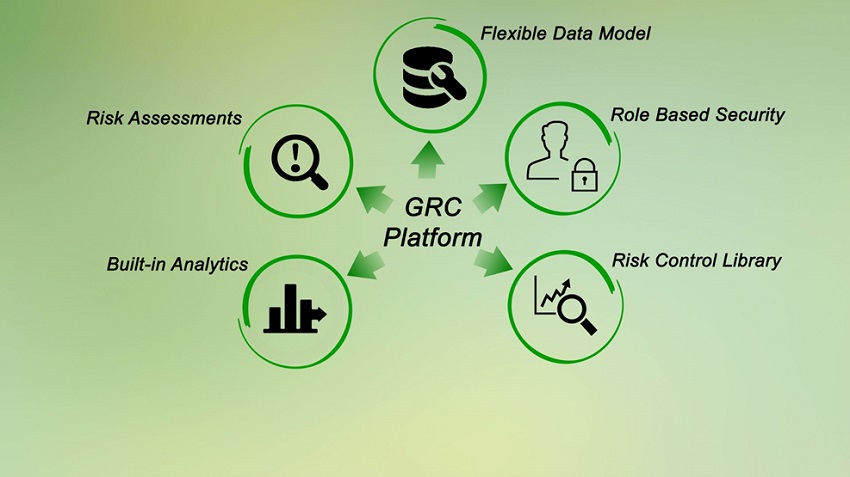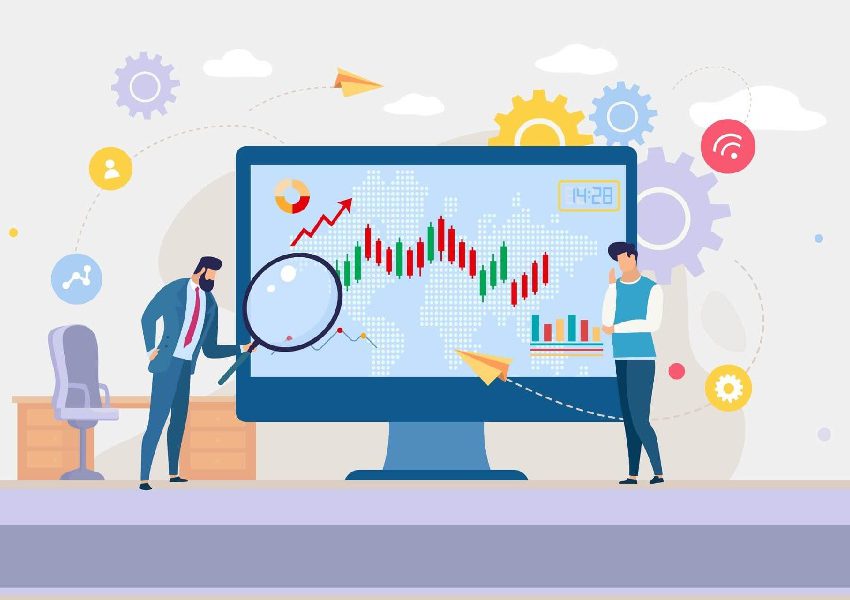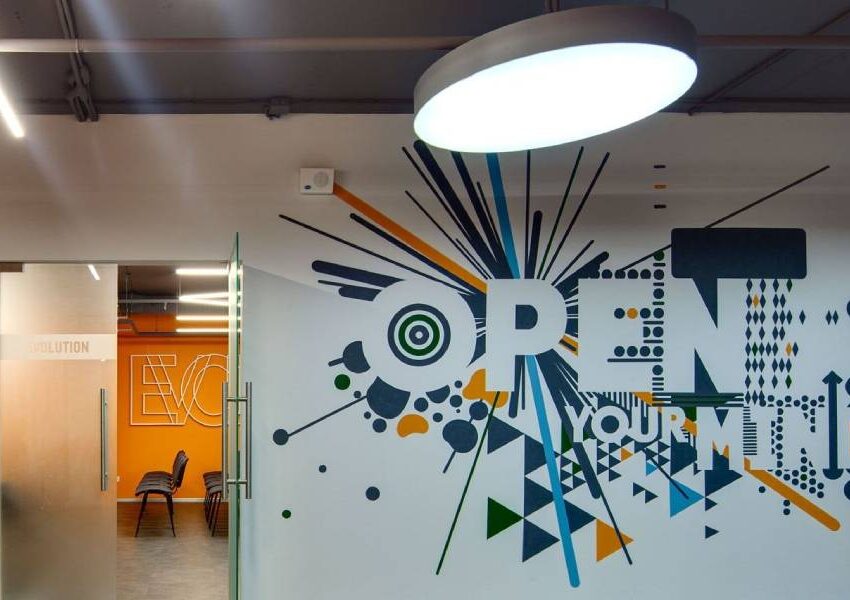Selecting the right GRC platform is a crucial decision for organizations that want to stay compliant and manage risks effectively. This process involves considering numerous factors and weighing the pros and cons of different solutions available in the market. In this article, we’ll discuss the most important questions you should ask when choosing a GRC risk management software to ensure you find the right fit for your organization’s needs.
1. What are your organization’s specific GRC requirements?
Before diving into a list of potential GRC platforms, it’s crucial to understand your organization’s specific governance, risk, and compliance requirements. Factors to consider include:
- The size of your organization.
- The industry you operate in.
- The types of risks and regulations you need to manage.
- Any specific GRC features your organization requires.
2. Is the solution scalable and adaptable?
An ideal GRC solution should be flexible enough to accommodate changes in your organization’s size or needs. Look for a platform that can easily scale up as your organization grows and quickly adapt to new regulations or risks that may emerge. You should also evaluate the platform’s capacity to integrate with other systems and tools in your IT infrastructure, ensuring seamless data flow and consolidation.
3. What is the platform’s ease of use and configurability?
GRC platforms should allow users to work efficiently and effectively. Aim for solutions that offer intuitive interfaces, straightforward navigation, and customizable features to meet your organization’s specific risk management and compliance processes. Additionally, avoid platforms with steep learning curves that might hinder employees’ productivity and increase training costs.
4. What kind of support does the vendor provide?
Strong customer support is essential when it comes to any software solution, especially GRC platforms. Inquire about the vendor’s technical support availability, response time, and channels of communication (e.g., phone, email, chat). You should also look into the frequency of GRC software update to stay current with the latest compliance and risk management best practices.
5. How is the solution priced?
Different GRC platforms follow different pricing models, and understanding these models is essential to make an informed decision. Factors to consider include subscription fees, any additional module add-on costs, and the possibility of hidden charges for updates or support. Conduct a thorough cost-benefit analysis before committing to a platform to ensure it aligns with your organization’s financial goals.
6. What are the platform’s security features?
Information security is crucial when dealing with sensitive data related to risk and compliance management. Make sure to assess the platform’s security features, such as encryption, data privacy, and role-based access-control mechanisms. Additionally, inquire about the vendor’s history regarding data breaches or any other security incidents.
Conclusion
Choosing the right GRC risk management software is essential for organizations aiming to streamline their risk and compliance processes. By asking these crucial questions when evaluating different platforms, you’ll be better equipped to identify the best GRC solution that meets your organization’s unique needs. Remember to thoroughly research and compare different solutions, seek expert opinions when needed, and select a platform that’s not only functional but also scalable, user-friendly, and backed by strong support from the vendor. Good luck with your search!





